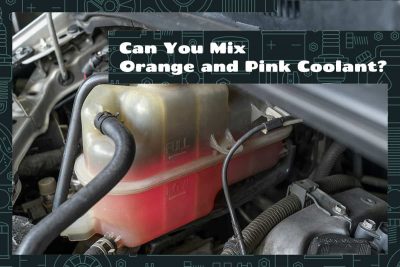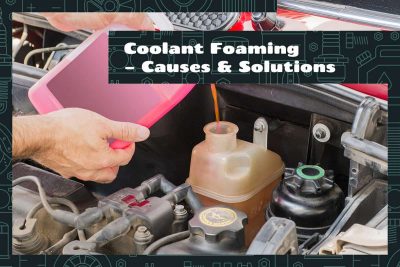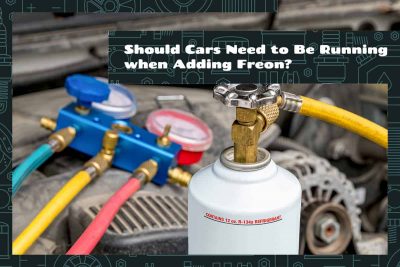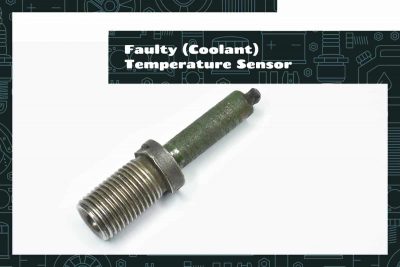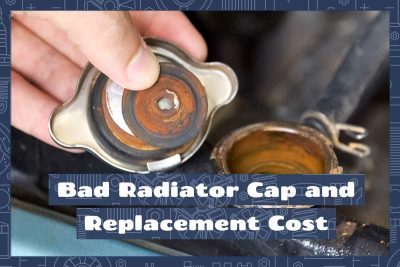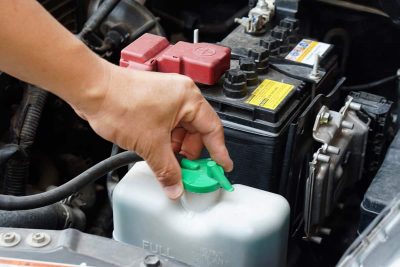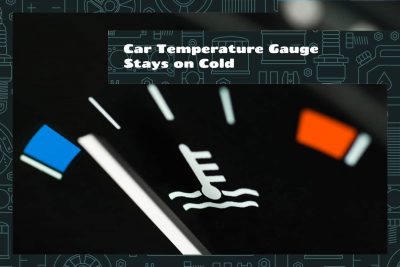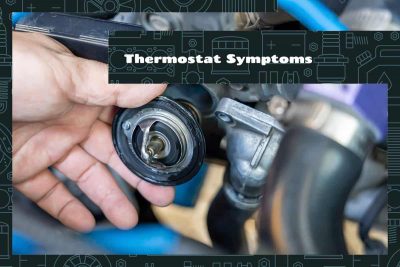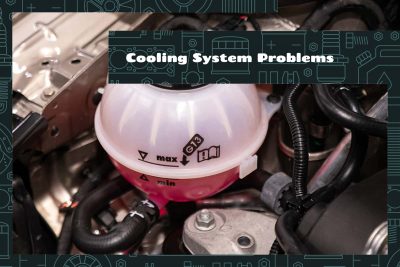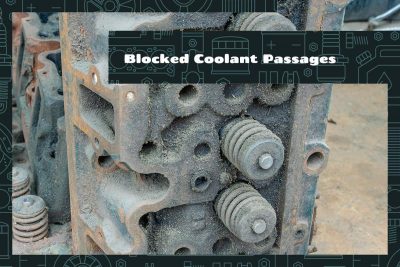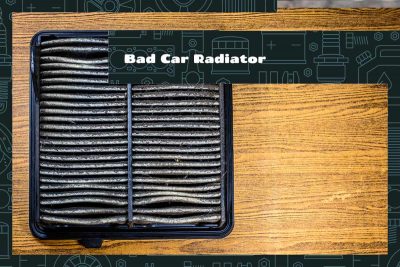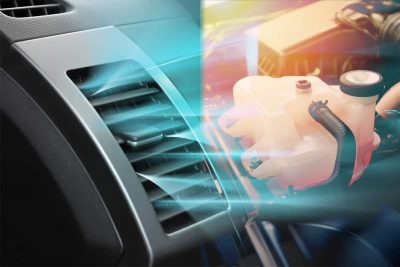You cannot safely mix orange and pink coolant. Mixing them can lead to chemical reactions that produce harmful byproducts, increasing the risk of engine corrosion and failure. Always follow the manufacturer’s guidelines for coolant use.
Coolant foaming occurs when air bubbles mix with the coolant, usually due to contaminants, incorrect coolant mixture, or mechanical failures. Resolving it involves flushing the system, using the right coolant, and replacing damaged parts.
Yes, running the car ensures proper circulation and helps the Freon to disperse evenly in the system. If you do this while the engine is off, it might lead to uneven distribution and reduced cooling efficiency, among other consequences.
Your car’s engine operates under a wide range of temperatures, making heat management an integral part of its efficient functioning. In the middle of this thermal regulation system is a seemingly insignificant component known as the coolant temperature sensor. Yet, this tiny device plays a colossal role in maintaining optimal engine performance, fuel efficiency, and emission control. When working properly, it ensures your car runs smoothly, but if faulty, it can lead to a host of problems.
A radiator cap might seem like a small and insignificant part of your vehicle, but it serves an essential role in your car’s health and performance. This humble component, sitting atop your radiator, acts as the gatekeeper of your cooling system, helping to maintain the correct pressure and prevent coolant leaks. Ignoring a faulty radiator cap can lead to serious engine problems, including overheating.
Symptoms of coolant leaks include visible puddles under the car, unusually low coolant levels, engine overheating, and white smoke from the exhaust. Causes can range from worn-out hoses, a failing water pump, to a damaged radiator.
In the world of automobiles, understanding the workings of your car can be critical to maintaining its performance and ensuring a safe drive. A key instrument in this process is the car temperature gauge. It serves as the window to your car’s temperature health, helping you to monitor if the engine is running too hot or too cold.
The thermostat is a critical component of your car’s cooling system. Its primary function is to regulate the flow of coolant to the engine, ensuring optimal operating temperature. A well-functioning thermostat is essential for maintaining the health of your engine, and by extension, the overall performance of your vehicle. However, like any other part of a car, thermostats can develop faults over time. Recognizing the symptoms of a faulty thermostat can prevent serious engine damage and costly repairs.
A cooling system is responsible for managing heat generated by the engine’s operations. It prevents the engine from overheating, ensuring smooth rides and extended vehicle lifespan. However, the cooling system is susceptible to various issues that can affect its performance overall health of your vehicle.
Car engines run hot, and without the cooling system, the heat could cause serious damage to your vehicle’s engine. Central to this system is the network of coolant passages, which ensure the proper flow of coolant—a liquid mixture designed to regulate temperature within the engine. However, these passages can become blocked due to various reasons such as sediment build-up or rust, leading to an array of problems ranging from reduced fuel efficiency to catastrophic engine failure.
Radiator trouble signs include an overheating engine, visible coolant leaks, rust-colored or dirty coolant, and the presence of sludge in the radiator.
Engine coolant helps regulate the temperature of the engine, and it also plays a role in the AC system. If the coolant level is too low, the compressor, which is a critical component of the AC system, may not receive enough lubrication, leading to decreased performance or complete failure.
